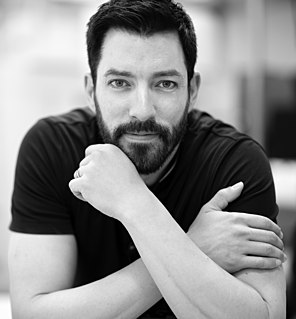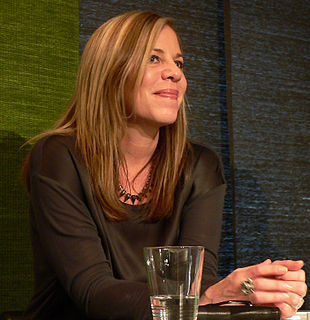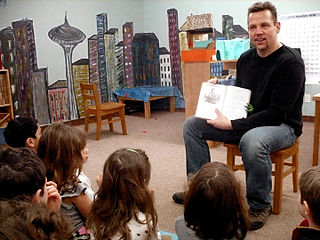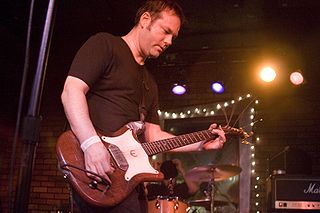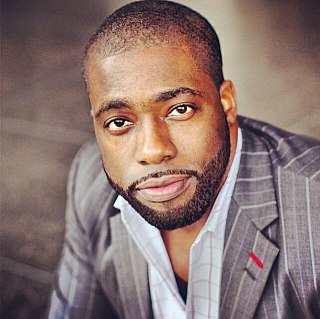A Quote by Drew Scott
There is never one defined right or wrong brother. We each have our individual truths. But together we're the better truth.
Related Quotes
There never is any such thing as one truth to be found in dramatic art. There are many. These truths challenge each other, recoil from each other, reflect each other, ignore each other, tease each other, are blind to each other. Sometimes you feel you have the truth of a moment in your hand, then it slips through your fingers and is lost.
Jesus Christ doesn’t just give us truths; he is the truth. Jesus Christ is the prophet to end all prophets. He gives us hard-copy words from God, truths on which we can build our lives, truths we have to submit to, truths we have to obey, and truths we have to build our lives on, but he himself is the truth.
Kids are told there are no differences between boys and girls. They are told there is no such thing ultimately as right and wrong. Values are relative. Truth is relative. Morality is defined by individual choice. If that isn't a recipe for sexual harassment and other forms of sexual and physical abuse, I don't know what it is.
Truth is found neither in Marxism nor in traditional capitalism. Each represents a partial truth. Historically capitalism failed to see the truth in collective enterprise, and Marxism failed to see the truth in individual enterprise. Nineteenth century capitalism failed to see that life is social and Marxism failed and still fails to see that life is individual and personal. The Kingdom of God is neither the thesis of individual enterprise nor the antithesis of collective enterprise, but a synthesis which reconciles the truths of both.
Our decisions need not be seen as resting on procedures that are merely instrumental in making judgments that are reliably truth-tracking. The procedures might be more directly related than that to truths about what is right or good, or about what we ought to do, or to principles that tell us what is true about these matters. And I have no metaphysical theory about the truth-conditions of such truths, except to say that as objective truths, they must be independent of the attitudes, decisions or actions that they are supposed to justify or for which they are to offer reasons.
Yes, our greatness as a nation has depended on individual initiative, on a belief in the free market. But it has also depended on our sense of mutual regard for each other, of mutual responsibility. The idea that everybody has a stake in the country, that we're all in it together and everybody's got a shot at opportunity. Americans know this. We know that government can't solve all our problems - and we don't want it to. But we also know that there are some things we can't do on our own. We know that there are some things we do better together.
It is better to be divided by truth than to be united in error. It is better to speak the truth that hurts and then heals, than falsehood that comforts and then kills. It is better to be hated for telling the truth than to be loved for telling a lie. It is better to stand alone with the truth, than to be wrong with a multitude. It is better to ultimately succeed with the truth than to temporarily succeed with a lie. There is only one Gospel.
When we look at our justice system, we have this image of a balancing scale: truth and justice, right and wrong. But for years, our system has been lopsided, where it's not about truth and justice or balance. It's about being tough on crime, and sometimes that means you're putting the wrong person behind bars.
The Adlerians, in the name of "individual psychology," take the side of society against the individual. ... Adler's later thought succumbs to the worst of his earlier banalization. It is conventional, practical, and moralistic. "Our science ... is based on common sense." Common sense, the half-truths of a deceitful society, is honored as the honest truths of a frank world.
